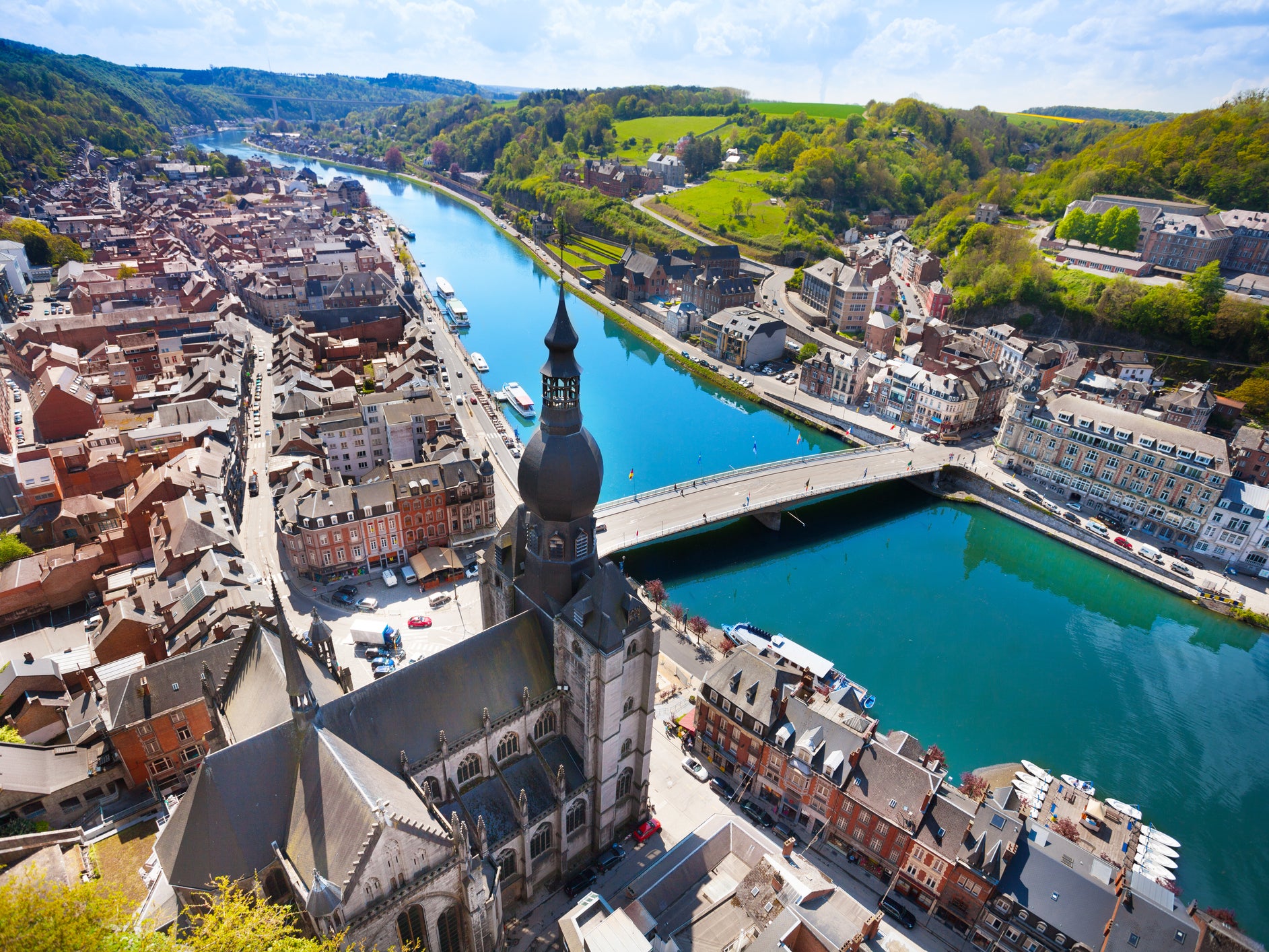Could a post-Brexit trade deal really be blocked by a region of Belgium?
Wallonia has already signalled it will scupper a second EU trade agreement, writes Jon Stone


Wallonia has developed a bit of a reputation in international trade circles. Belgium’s largely French-speaking region voted to block the EU-Canada trade deal back in 2016 and only relented when it had secured concessions. Again this week, its government has said it would block the EU-Merocsur deal with South America struck by European Commission negotiators last year. There are fears a similar fate could befall the UK’s Brexit ambition to get a deal done by the end of 2020.
What is Wallonia?
Wallonia, known in French as Wallonie, is the largely French-speaking southern half of Belgium (though it also contains the country’s very small German-speaking community). It is Belgium’s lower-income half and boasts the beautiful Ardennes hills and former coal and steel areas. Its population is 3.6 million.
Can Wallonia really block EU trade deals?
Yes – many of them. Larger trade deals, called “mixed deals”, have to be signed not only by the EU but each member state. Each member state has its own constitution and can decide how it gives assent to such deals.
In most countries, this is a case of the national parliament taking a vote on the deal. In others, regions get a say, and in Belgium this takes the form of the country’s regional parliaments getting a vote. Belgium is not unique: in Germany the Bundesrat, which represents the country’s states, has to approve the deal.
What is a mixed deal?
When an EU signs a trade deal, it either covers policy areas that are exclusively governed by Brussels, or also covers areas that are still the responsibility of member states. If the former, there’s no need for member states to be involved in signing. But a deal that covers areas reserved to national governments will have to do the rounds in EU capitals (and regions).
Mixed deals usually stray beyond just trade on goods and tend to cover areas like services, intellectual property rights and investment.
Will the UK deal be a mixed deal?
It’s not certain yet, because the negotiating mandates haven’t been formally set. But it probably will be: the government has said it wants services to be part of the deal, and that usually implies member-state competencies. Additionally, the UK government says it wants a Canada-style deal, and this is a mixed deal.
Would Wallonia want to block the deal?
The latest reason Wallonia’s government has given for blocking the Mercosur deal is that South American producers won’t be tied into EU rules, and that this would lead to unfair competition. This is exactly the kind of thing that’s brewing as a row in post-Brexit trade talks.
Join our commenting forum
Join thought-provoking conversations, follow other Independent readers and see their replies
Comments